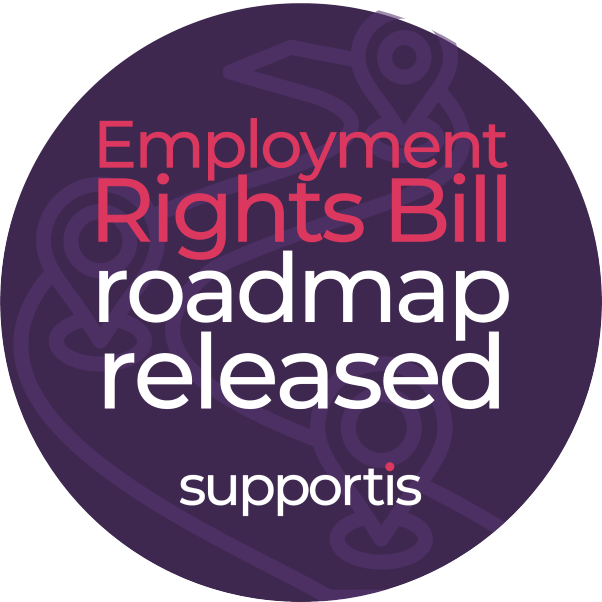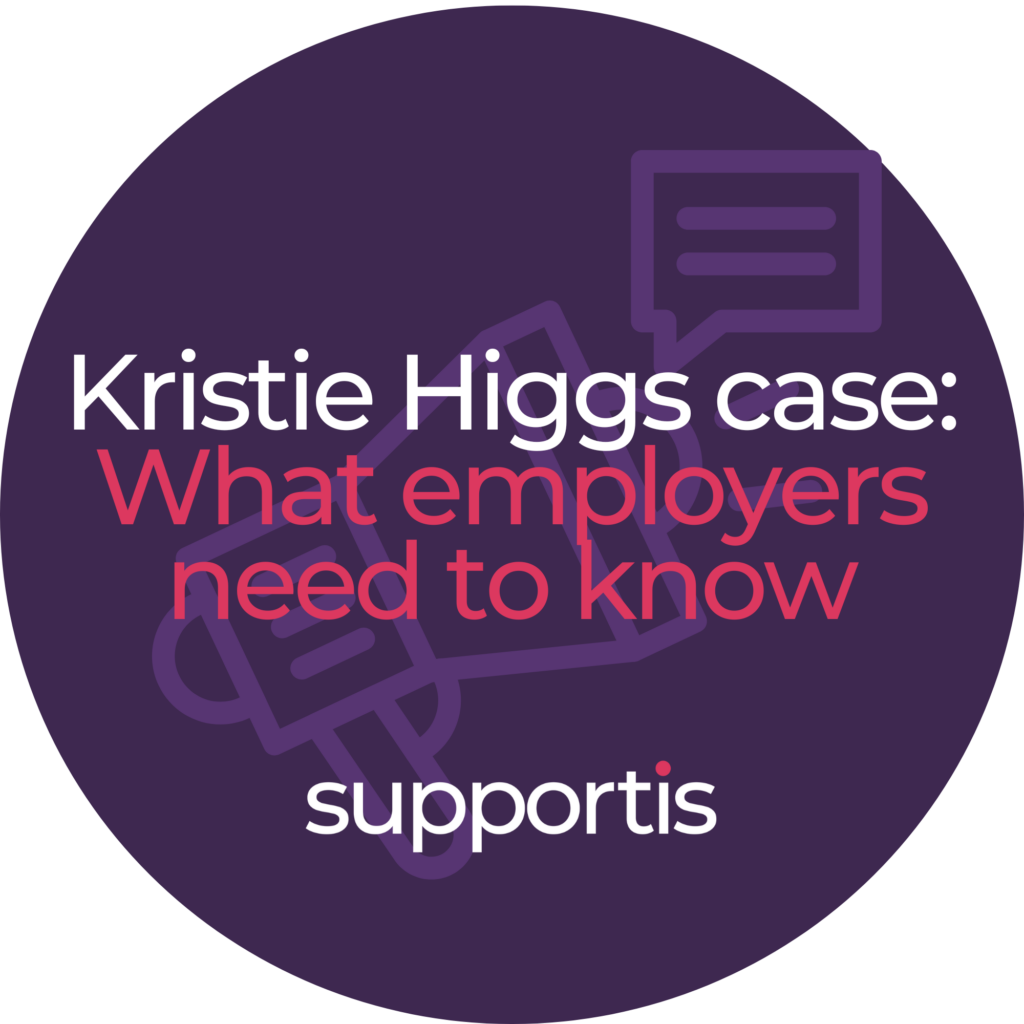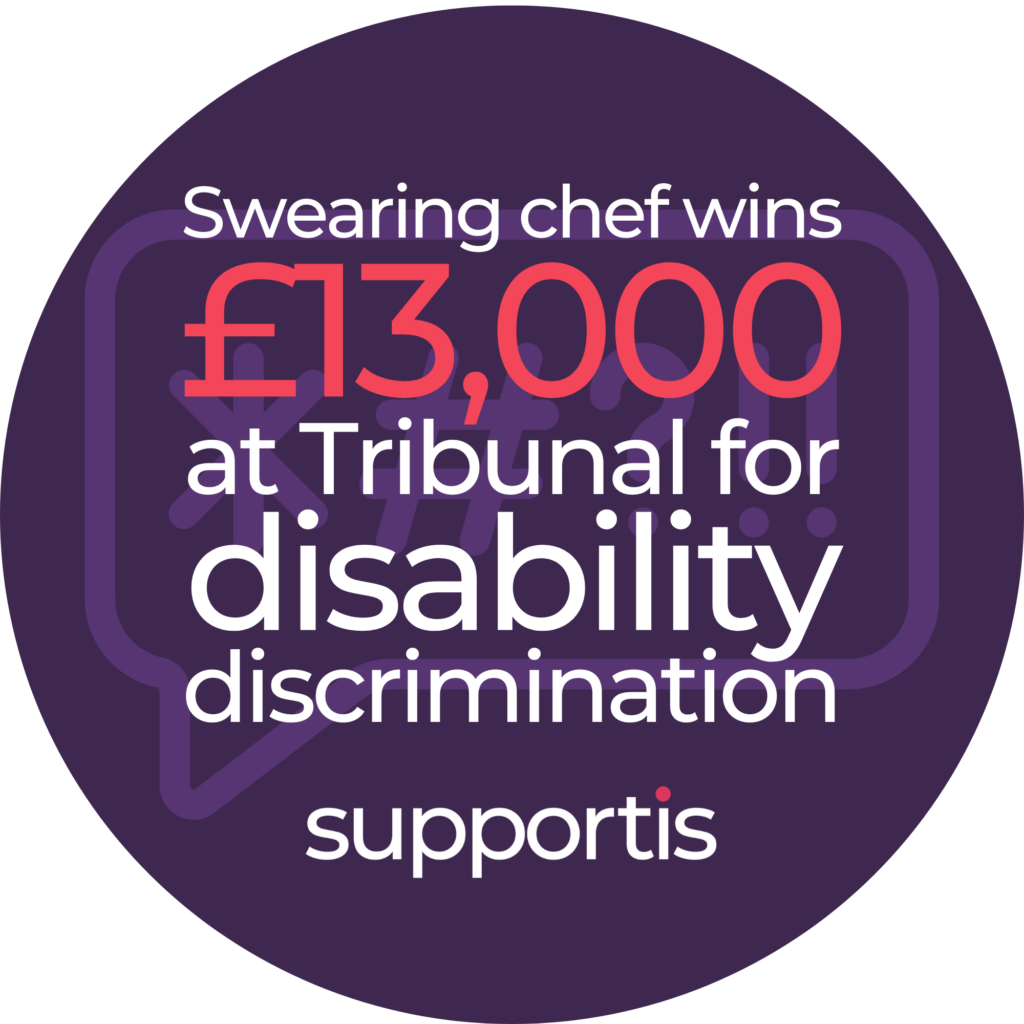It’s been in the headlines recently that companies such as IKEA and Next have cut sick pay for unvaccinated staff.
The changes that have been implemented include unvaccinated staff only receiving statutory sick pay in cases of self-isolation, if they’ve been named as a close contact of a positive case.
IKEA has announced exceptions will be made for employees who are unvaccinated for “good reason” which will be considered based on individual circumstances.
Similarly, with positive cases of unvaccinated staff, full contractual sick pay will be received for the period of self isolation.
Current rules as dictated by the UK government require covid positive people to self isolate for a period of at least five days.
However, anyone who has had both doses of their coronavirus vaccination, or is medically exempt from being vaccinated, isn’t required to self isolate if they’ve been in close contact with a positive case. Unvaccinated people who don’t have a medical exemption have to isolate for a full 10 days.
Here we discuss some points to consider if you’re thinking about amending your sick pay policy for unvaccinated staff….
What sick pay scheme do you currently have in place?
Any previous contractual sick pay scheme over and above statutory sick pay should be stipulated in contractual clauses in your employment documentation, namely, your employment contracts and of course stringently followed to mitigate risks of discrimination and or unpaid wages claims.
If you don’t have a contractual sick pay scheme (over and above statutory sick pay), you need to continue paying staff who have to self isolate either because they are a positive case or unnamed close contact with a positive case, including instances where the staff member isn’t actually feeling ill but self-isolating to protect others from catching the virus.
If you do have a contractual sick pay policy (you pay over and above statutory sick pay for periods of sickness), it may be possible to treat vaccinated stuff ‘more favourably’ than those who haven’t in terms of sick pay. However, you’ll need to amend your policy first, which isn’t as straightforward as simply amending and issuing.
Such policy changes amount to a change in an employee’s fundamental terms and conditions of employment; You must therefore follow proper process and procedure which may be timely, and face opposition.
You will most likely need to collectively consult your employees on the change, either with a trade union representative or employee representatives if your employees aren’t part of a trade union.
You need to scrutinise your current and proposed contractual wording, as even if your documentation states “we reserve the right to amend this clause from time to time”, you’re still under an obligation to consult and seek agreement from employees before implementing change.
It’s important to note that if you do make changes without seeking agreement or without following a proper procedure, this poses a risk of staff resignation and subsequent claims of constructive unfair dismissal. Although this can only be brought by employees with two years’ service, they could also decide to work under protest and claim for unpaid wages if you dock sick pay.
My sick pay policy is discretionary. Does this mean I can cut pay for unvaccinated staff?
If your sick pay policy in place is discretionary, this will work to your advantage as you have more scope to amend the policy. However, you must be able to evidence that you have exercised your discretion to change the policy in a non-discriminatory, reasonable way to mitigate risk of potential tribunal claims.
You also need to consider carefully the types of amendments you want to make. Although the fact that fully vaccinated and boosted people are less likely to contract or transmit coronavirus is evidenced, they can of course still become infected.
It’s also debatable whether it’s reasonable (or would be in the eyes of a tribunal) to distinguish between unvaccinated and vaccinated covid positive staff.
Of course, people don’t catch covid deliberately And it would be reasonable for someone to expect to be paid the same as anybody else in their organisation if they’re unable to work.
In terms of withholding sick pay for those who have to isolate for longer because they’re unvaccinated (for the full 10 days in comparison to 5 days for a vaccinated person) it can be argued that you would have more grounds to withhold sick pay in this case.
What are the risks I need to consider in terms of potential claims against my business?
If you were to introduce a policy that clearly distinguishes between the vaccination status of your workforce, this could be considered indirect discrimination against specific protected groups.
For example, evidence shows that black and South Asian people are less likely to be vaccinated than white people, particularly within the older demographic.
Another example is women hesitant that the vaccine could potentially affect fertility or cause harm to unborn babies if they are pregnant, despite these beliefs being at odds with medical advice.
It’s also been argued by those who are considered “anti-vaxx” that their concerns about vaccination are protected beliefs under the Equality Act 2010.
A tribunal did recently conclude that fear of COVID-19 was not a protected characteristic, however this doesn’t mean fear of vaccination or needles would not be. At the time of writing, Supportis aren’t aware of reported tribunal cases on this particular point.
Even if it was proven that your employees’ belief is recognised under the EA, this doesn’t automatically mean they would be successful in claiming against you if you were to withhold sick pay.
The Equality Act says discrimination can be justified if the person who’s discriminating against you can show it’s a proportionate means of achieving a legitimate aim. If necessary, it’s the courts which will decide if discrimination can be justified.
What are the GDPR implications of asking staff about the vaccination status?
This is a contentious point, someone’s vaccination status is classed as special category data, it is not disputed that this is their private health information and therefore warrants added protection.
Under GDPR, your use of special category data must be lawful, fair and transparent.
You must also be able to evidence that you have limited your knowledge of this data only to that which is relevant and necessary for a specific purpose.
Moreover, having a lawful reason for processing information about staff vaccination status is the first element that you will need to evidence.
Employment conditions would likely be considered necessary for the purpose of carrying out obligations and exercising specific rights in the field of employment law.
The ICO has previously published guidance on Covid pass checks and vaccination, but not explicitly expressed which condition may apply where an employer processes information about staff vaccination status in order to make a decision surrounding pay.
This raises a problematic point, as employers could rely on employment condition as a reason to process vaccination status for the purposes of paying statutory sick pay, but it remains unclear whether this would also cover a contractual sick pay scheme.
Additionally, even if you are are able to establish that you have a lawful basis to process vaccination data, there are then a myriad of other obligations under GDPR.
You must evidence that your reasons are clear, necessary, and transparent and you must understand that this information is not to be used for a reason that your staff wouldn’t reasonably expect, or in ways that may result in unjustified or unfair treatment.
To conclude this point, your workforce must understand that you’re using this information to determine whether they’re eligible to receive contractual sick pay over and above statutory sick pay.
So, what is reasonable to ask staff in regard to vaccination?
You must minimise data you do collect, and only record data that you actually need. It’s not admissible to collect special category data including somebody’s personal health data “just in case“.
In the context of a staff member’s vaccination status, you would only need to record whether they’ve been fully vaccinated (either a yes or no) and also whether the second dose took place at least two weeks before you recorded this information. It’s arguable that it would be unreasonable to collect data such as what type of vaccine was received, if the booster jab has been received, or reasons why staff chose not to be vaccinated.
You also must consider allegations may be raised that you have collected unnecessary data by hesitant staff, therefore we would advise not collecting peoples’ data before you need to. For example, ask yourself: is it necessary to collate vaccination status info if the staff member is self isolating and you intend to reduce that sick pay? The answer would clearly be yes in this case, however, going around the office and asking everybody’s vaccination status regardless of whether they are self isolating would likely not to be seen as reasonable.
Of course, as with all personal data obtained, it’s important to ensure accurate recording of information, and that the data isn’t capped for longer than necessary.
If I make sick pay decisions based on whether someone is self isolating or not rather than on vaccination status, does this still have GDPR implications?
At the time of writing, the current legal requirement for anyone who is unvaccinated who is a close contact of somebody with coronavirus is a self isolation period of 10 days. People with medical exemptions are treated in the same way as a fully vaccinated person and therefore don’t have to self isolate even if they are named as a contact of a positive case.
Therefore, if an employee phones in sick because they have to self isolate for a full 10 days as they have been named as a close contact of a covid positive person, it is safe to assume that they haven’t been vaccinated. It wouldn’t be necessary to record this information, and you can simply notify your payroll that this staff member would only be entitled to SSP.
However, if this turns into a discussion about the vaccination status of this employee and you make a note of that conversation (which is likely), you do need to comply with GDPR. Similarly, if you do intend to exercise discretion (such as the likes of IKEA and Next), you will need to find out why somebody hasn’t been vaccinated, therefore rendering you obligated to comply with GDPR.
What other risks need to be mitigated?
Reducing the pay of unvaccinated employees who are isolating because they are a close contact of a positive case poses the risk that they may attend work anyway if they know that they aren’t going to receive anything above SSP for their isolation period, of course this is a criminal offence, or they could pretend that they are ill and unable to come into work.
Clear communication in policy/letter format (which Supportis can assist with!) is paramount, setting out your expectations of how staff should behave and what steps to take when they’ve been identified as a close contact of a positive case. Breaches of any such policy would likely amount to a disciplinary offence. We can also guide you through any HR process, even chairing meetings at all stages of the procedure.
If you’re unsure where you stand legally with any of the topics discussed above, or you need any HR and employment law assistance, don’t hesitate to contact our friendly team for a free, no-obligation chat today on 0161 603 2156 about your people management concerns.




